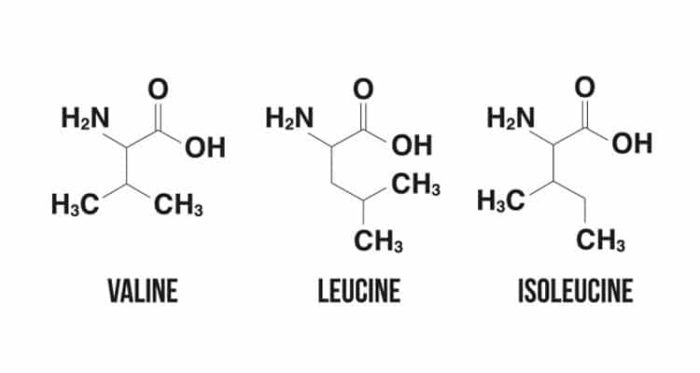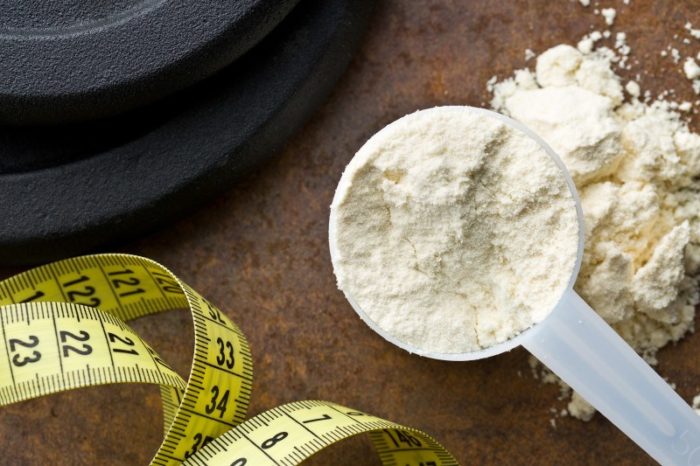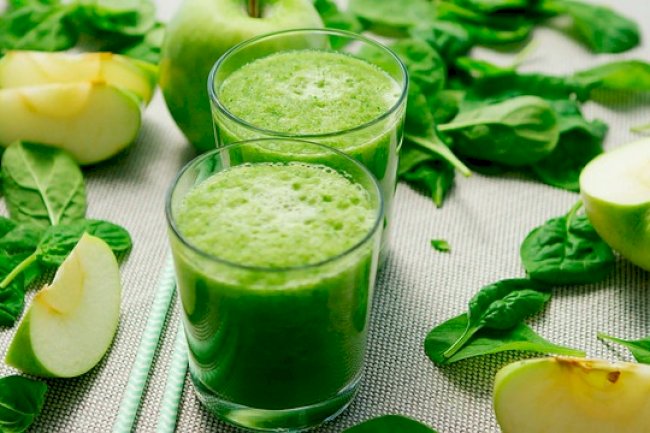BCAAs Benefits– How do They Improve Your Performance
If you’ve spent time researching your health and fitness supplements, you may have come across BCAAs a few times. Although so many companies sell them, it’s not always obvious what benefits BCAAs can offer, or even what they really are.

To help you understand what they are, whether you need them and if BCAAs benefits exist at all for your athletic performance, we’ve created an insightful article into branched-chain amino acids.
Read on and find out more about this supplement.
What are BCAAs?

Within the human body, there are 20 amino acids which make up the thousands of proteins that keep you healthy and strong.
Of these 20 amino acids, nine are gained through your diet as your body can’t create them for you. These are called essential amino acids, and three of them are BCAAs:
- Valine
- Leucine
- Isoleucine
These three are a little different from the rest of the essential amino acids, as they’re the only ones to have chains that branch off in their molecular structure.
The name BCAA stands for ‘branched-chain amino acids’.
BCAAs benefits – what do they do?
Like all amino acids, BCAAs are the building blocks of your body and play an essential role in keeping your body ticking over and healthy.
The three BCAAs make up around 40% of all the essential amino acids within your body, highlighting just how important they are to your bodily functions [1]. BCAAs also make up around 14-18% of all the amino acids found in your muscles [1].
Where other amino acids are broken down and utilized within the liver, BCAAs can be processed within the muscle, which indicates they could play an important role during exercise. In fact, one study found the branched-chain amino acids to help combat fatigue, muscle soreness and even boost protein synthesis [2].
Overall, this suggests BCAAs can help provide you with a bigger, more energized workout.
As an amino acid, they’re the building blocks of protein and can have a positive influence on protein synthesis, which can improve your rate of muscle development [3].
Research has indicated that leucine has the biggest impact on muscle synthesis [3], whereas isoleucine and valine have been shown to produce energy within muscle and regulate blood sugar [4].
BCAAs and reducing muscle soreness after a workout

Muscle soreness occurs after a workout when lactic acid builds up within the muscles.
BCAAs benefits include reducing the feeling of soreness by lowering muscle damaging enzymes like kinase and lactate dehydrogenase that flow through your blood when exercising [5].
A study asked exercisers to rate their muscle soreness after working out using either a BCAA or a placebo. Those who took the amino acids provided an average soreness rating 33% lower than those who took the placebo [6].
If your body can deal with soreness more effectively you can hit the gym the next day, therefore helping you achieve a bigger workout than you would if you were in pain.
BCAAs and fatigue during exercise
These amino acids may also help reduce the fatigue you feel as you work out.
As mentioned above, BCAAs may play a part in reducing the amount of muscle-damaging enzymes flowing through your blood. These enzymes are what cause the pain you feel while you’re working out and can lead to muscle fatigue.
In a study, participants were given either BCAAs or a placebo during a cycling test. Those who took the BCAAs continued to cycle for an average of 12% longer than the participants who took the placebo [7].
By delaying the point of fatigue you can work out for longer, which can help to increase your total power output. Whether that’s an extra rep or maintaining a slightly higher weight for longer, this can quickly translate into muscle gain.
Can BCAAs influence muscle mass and fat loss?
Branched-chain amino acids can help to provide an extra layer of protection to your muscles when exercising.
They can help to delay the symptoms of fatigue and even reduce muscle soreness afterward. Consequently, you’re capable of fitting in a bigger workout and are more prepared to hit the gym the next day.
These benefits can have a direct impact on your ability to build muscle and loss fat.
By allowing you to increase your power output and helping you to gym more regularly, your physical performance will benefit, and you’ll be able to work harder. This allows you to grow more muscle and optimize your body to become stronger.
If you have more muscle on your frame, your metabolism will be heightened, and you’ll burn more calories. This can lead to more fat burned and better body composition.
During a 19-day study, competitive wrestlers on a high-protein, calorie-controlled diet who supplemented with BCAAs lost an average of 3.5 pounds more than those who were given a soy supplement instead [8].
BCAA dosages and where to find them

Recent studies have shown that to achieve a healthy level of BCAAs, you need to take on around 65mg per pound of body weight every day [9]. Based on this, a healthy adult should aim to consume a minimum of 9g of BCAA for a woman and 12g for men per day.
As we’ve mentioned before, BCAAs are an essential amino acid, which means they can be consumed as part of a healthy diet. To ensure you’re getting enough of them, you need to know where they come from.
You’ll find BCAAs in their highest concentration within high-protein foods, where the amino acid profile is complete and higher.
Enjoy these foods as part of your diet to ensure you’re getting enough BCAAs in your system:
- Meat – poultry, fish, pork and red meat
- Legumes – beans and lentils
- Dairy – Milk and cheese
- Eggs
- Seeds – Pumpkin and quinoa
- Nuts
- Tofu and tempeh
Do you need a BCAAs supplement?
If you enjoy a high-protein diet, it’s likely you’ll get the required amount of branched-chain amino acids in your system.
However, if you are an athlete or regularly take part in resistance training, you may need to supplement your diet with more of the amino acids as you may utilize them more quickly.
It’s recommended that someone who regularly works out should aim to supplement with around 10-20g per day [10].
If you do decide to supplement with BCAAs you can purchase them in powder form to mix with water. This is a more convenient and cost-effective way to ensure you’re getting enough of these essential amino acids.
It’s often suggested you should aim to take BCAAs before or just after your workout, so they can start working on benefitting your session immediately. However, it’s not been studied closely enough to determine whether or not this is optimal. Many people take them before bed or when they wake up to maintain higher levels throughout the day.
Are BCAAs safe?
As these are essential amino acid your body needs to function, when taken at the correct dose, a BCAA supplement is completely safe to use.
Based on the most recent studies available, you should be fine to supplement with branched-chain amino acids at a maximum intake of 35g a day [1].
If you have Lou Gehrig’s disease or a congenital disorder called maple syrup urine disease, it’s not recommended that you take BCAAs. Speak to your physician before taking any supplements if you are concerned at all.
Final thoughts
Achieving the optimal level of BCAAs within your body may provide benefits to your athletic performance and enhance the rewards you feel from your workouts.
You can usually maintain a healthy BCAA level by eating a high-protein diet. However, if you’re a regular in the weights room, it’s beneficial to supplement with a powder.
Source: spotmegirl.com
What's Your Reaction?





















